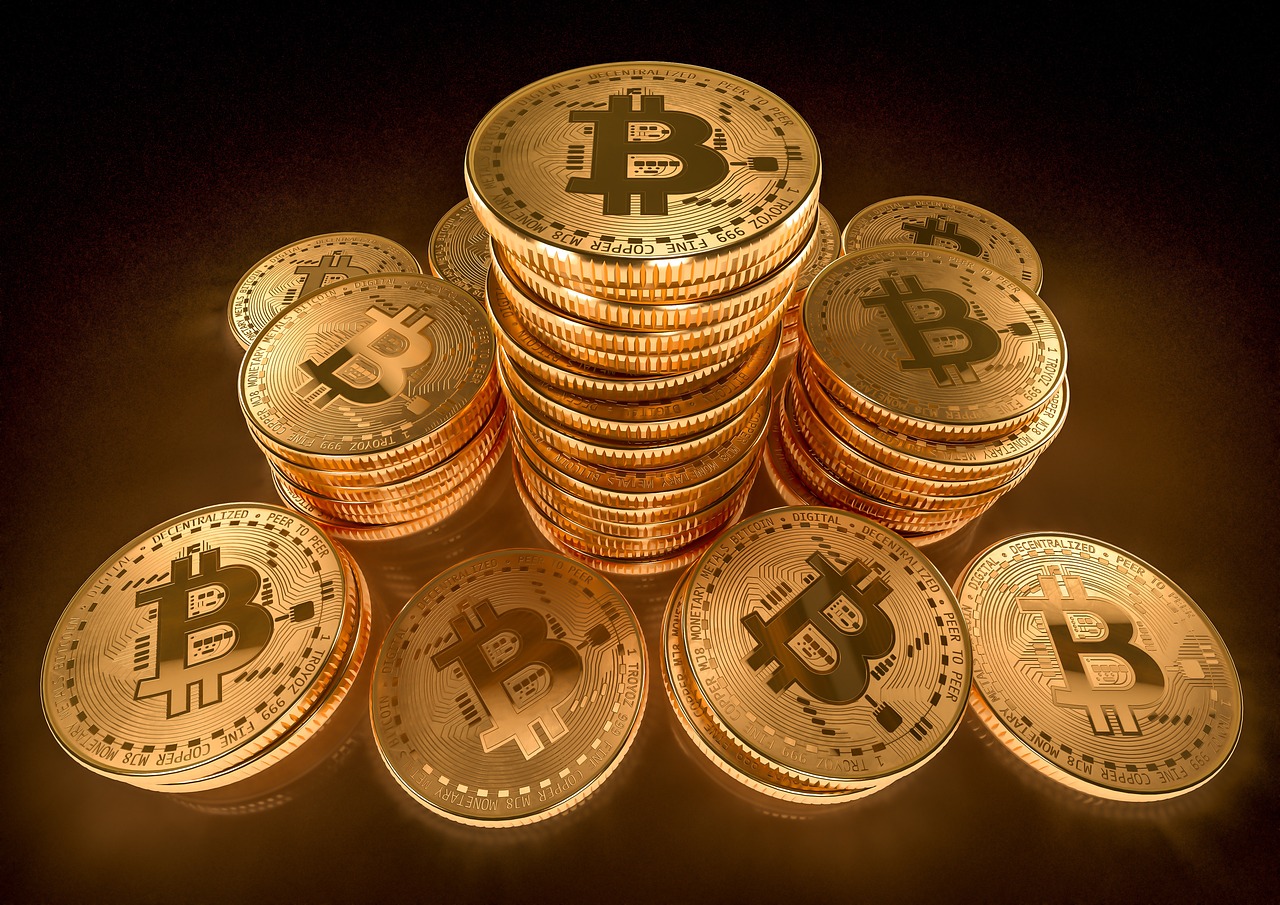Understanding the role of intrinsic value is vital in comprehending the complexities of Bitcoin’s price. Unlike traditional assets, Bitcoin’s value is driven by scarcity, utility, and disruptive potential. Despite the volatility of Bitcoin’s price, platforms like Bitcoin Loophole utilize AI-driven strategies for a better trading experience and how to buy Nvidia stocks for AI investments.
Debunking the notion of a ‘best’ Price
When it comes to Bitcoin’s price, there is often a prevailing notion that there exists a singular ‘best’ price at which this cryptocurrency should be valued. However, this idea is far from reality and is rooted in the subjective nature of financial markets and human perception.
To begin with, the concept of a ‘best’ price for Bitcoin is highly subjective. Different stakeholders in the cryptocurrency space have diverse perspectives on what constitutes the ideal price. For some investors, the ‘best’ price might be one that offers stability and promises long-term growth, ensuring the preservation of their wealth. On the other hand, traders might view the ‘best’ price as one that presents ample short-term profit opportunities through timely buying and selling.
Beyond the investor and trader perspective, merchants and users of Bitcoin might prioritize a different kind of ‘best’ price—one that facilitates efficient and cost-effective transactions. For them, the value lies in a price that allows for seamless payments and widespread adoption of cryptocurrency in the real world.
Adding complexity to the issue is the role of media and public perception. News headlines, social media discussions, and public sentiment can significantly influence the perceived ‘best’ price for Bitcoin. Positive coverage and hype might lead to an inflated sense of value, while negative news could create doubts and downward pressure on the price.
Another critical aspect to consider is that the notion of a ‘best’ price assumes a static and unchanging market. In reality, financial markets, especially those of cryptocurrencies, are highly dynamic and prone to rapid fluctuations. Bitcoin’s price is influenced by multiple factors, including demand and supply dynamics, macroeconomic conditions, technological developments, and regulatory changes. These constantly evolving factors contribute to price volatility and make it challenging to pinpoint a single ‘best’ value.
The role of intrinsic value in Bitcoin’s price
The concept of intrinsic value has long been a fundamental principle in the world of traditional finance, guiding investors in their decisions about assets and securities. In the context of Bitcoin, understanding the role of intrinsic value is essential to grasp the factors influencing its price and the broader perception of its worth.
In traditional finance, assets like stocks or real estate are often valued based on their intrinsic value—the tangible assets, cash flows, or profitability associated with them. These fundamentals provide a basis for evaluating the asset’s potential and determining whether its market price is undervalued or overvalued.
However, when it comes to cryptocurrencies like Bitcoin, the notion of intrinsic value takes on a different meaning. Unlike a company stock backed by assets or revenue streams, Bitcoin’s value is derived from a unique set of characteristics. One of the most significant factors contributing to Bitcoin’s value is its scarcity. With a limited supply capped at 21 million coins, scarcity lends an element of rarity and exclusivity to Bitcoin, potentially driving demand as investors perceive it as a store of value.
Furthermore, Bitcoin’s utility and use case in the digital economy plays a role in its perceived intrinsic value. As the first and most widely recognized cryptocurrency, Bitcoin has established itself as a decentralized and borderless medium of exchange. Its utility as a means of peer-to-peer transactions, remittances, and a hedge against inflation in countries with economic instability adds to its intrinsic value.
Additionally, the decentralized nature of the Bitcoin network and its security features, achieved through blockchain technology, contribute to its value proposition. The trustless and transparent nature of blockchain-based transactions reduces the need for intermediaries and fosters confidence in the integrity of the system, further solidifying Bitcoin’s intrinsic value.
However, it is essential to recognize that the concept of intrinsic value in Bitcoin is still a subject of debate among economists and investors. Some argue that Bitcoin’s value is entirely speculative, driven primarily by market sentiment and the willingness of people to assign value to it. They believe that its price is subject to irrational exuberance and herd behavior, making it difficult to attribute an intrinsic value based on traditional metrics.
Conclusion
While the concept of intrinsic value may differ from traditional assets, Bitcoin’s scarcity, utility, and technological innovations contribute to its perceived worth. As the cryptocurrency market continues to mature, recognizing these factors becomes crucial in evaluating Bitcoin’s position in the financial landscape.
DISCLAIMER – “Views Expressed Disclaimer: Views and opinions expressed are those of the authors and do not reflect the official position of any other author, agency, organization, employer or company, including NEO CYMED PUBLISHING LIMITED, which is the publishing company performing under the name Cyprus-Mail…more







Click here to change your cookie preferences